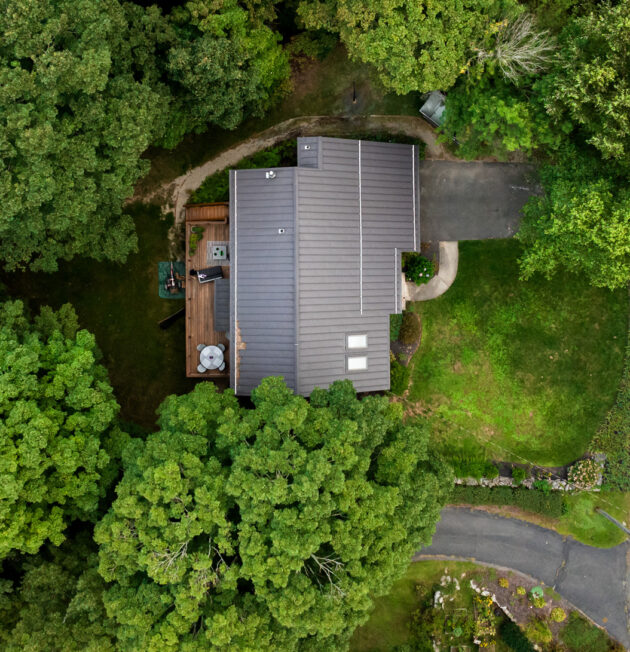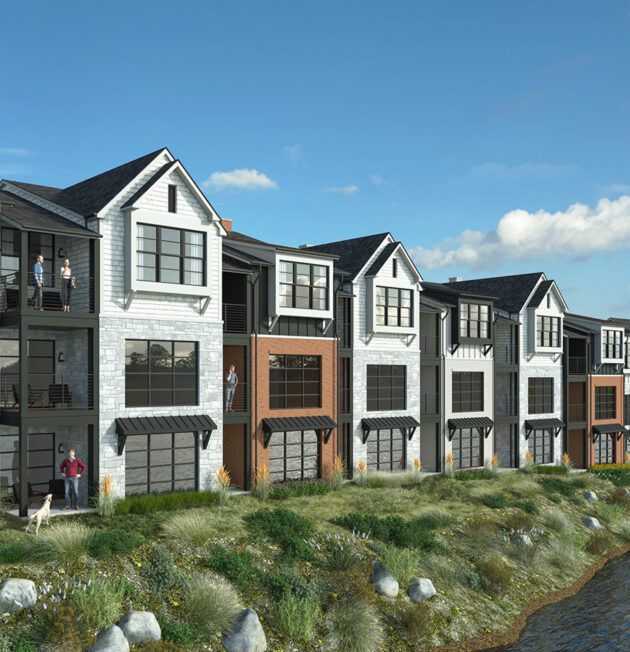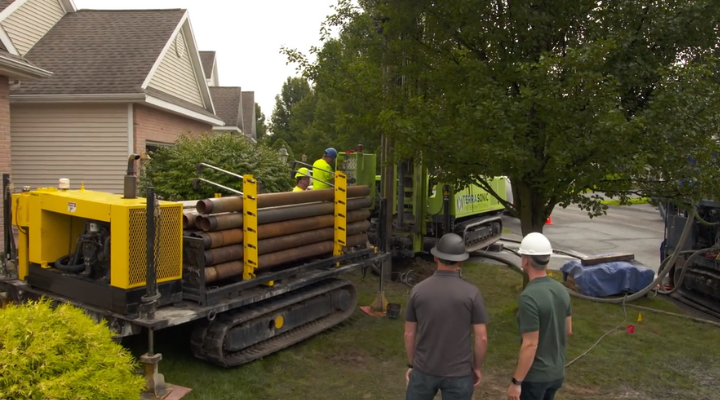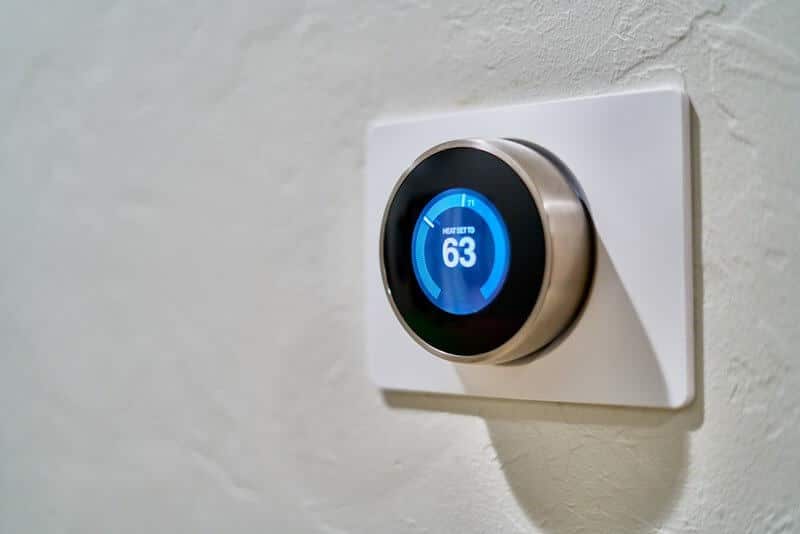News
The latest news and stories from the world of geothermal
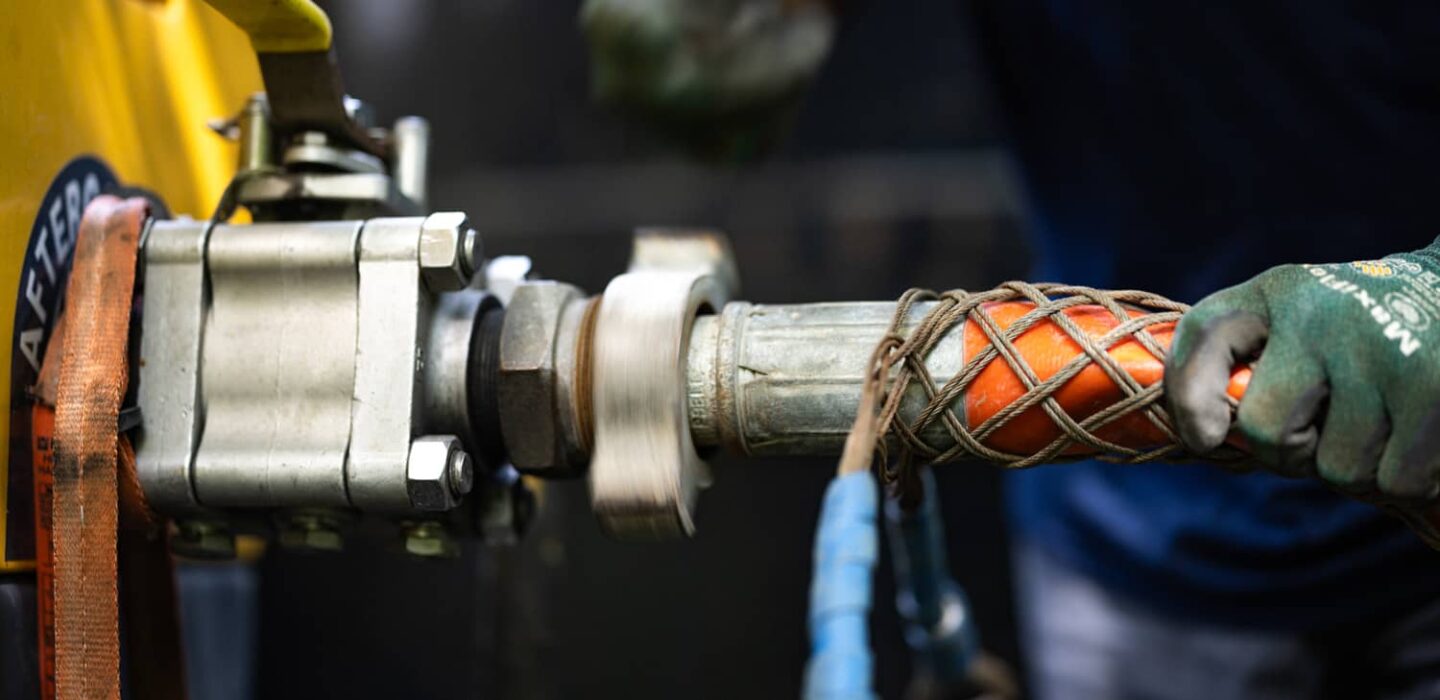
Housing Shortage Presents an Opportunity to Create Climate-Resilient Housing at Scale
BuiltWorlds
July 30, 2024
Press inquiries
- Please contact us at press@dandelionenergy.com

